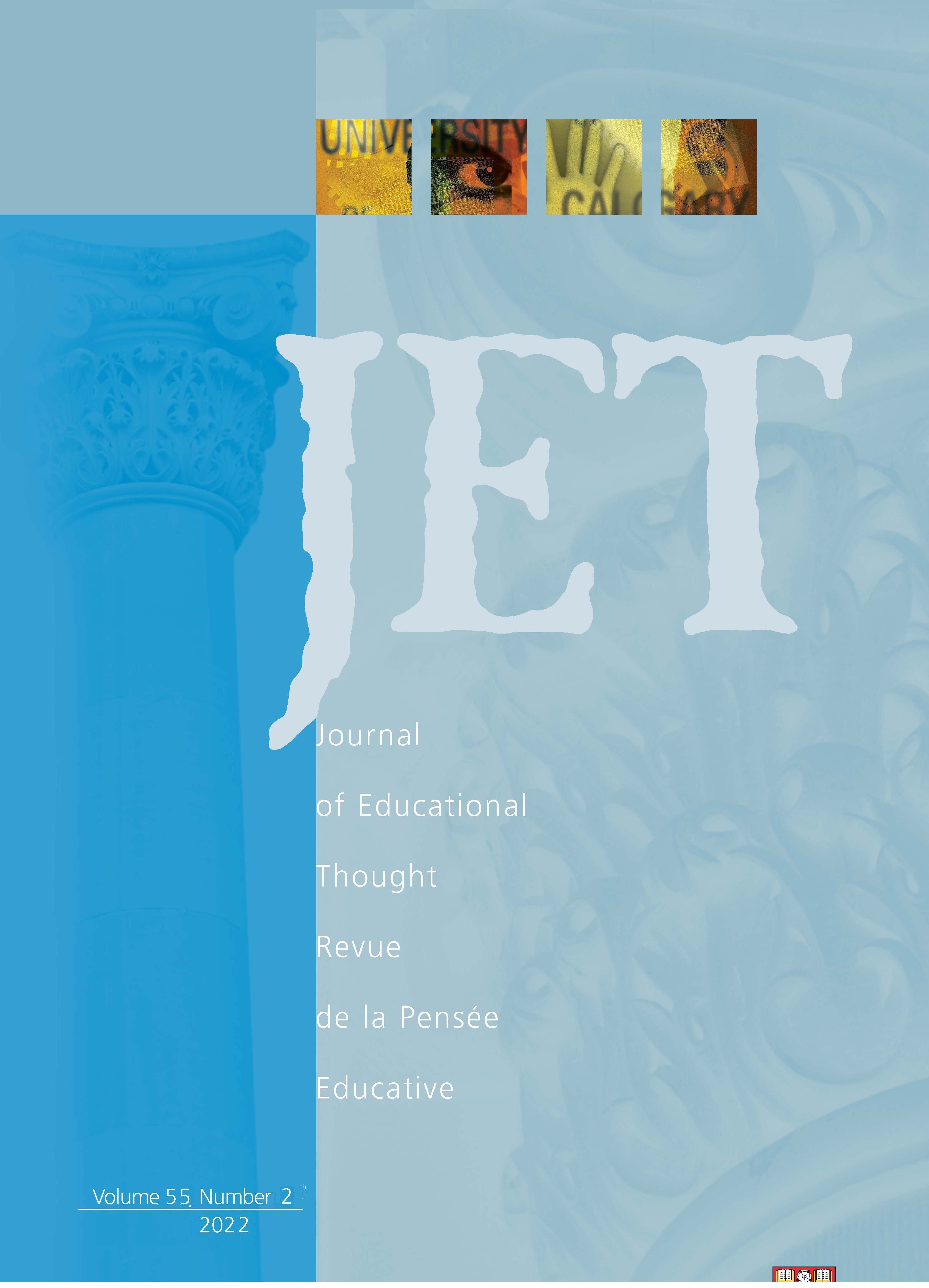A Brief Survey of the Historical Development of Idealistic Educational Philosophy
DOI:
https://doi.org/10.55016/ojs/jet.v55i2.76311Abstract
Abstract: The purpose of this study was to survey the historical development of the idealistic educational philosophy. Seven Idealistic educational philosophers were briefly reviewed in order to shed light on their influence on educational practices. Those eminent thinkers were Plato, Augustine, Descartes, Berkeley, Kant, Hegel, and Royce. As a classical philosophy, idealism was occasionally labeled as inflexible and traditional. A significant result of this study was that no philosophers agreed and settled on every single argument even though they all agreed on several fundamental principles. The researcher used a qualitative methodology for data collection and literature, research, research papers, books, journal articles as a method of documentation. Based on this review of seven idealistic philosophical perspectives, the researcher provided some recommendations, the most important of which was to conduct similar studies by including other idealistic philosophers, and studies that focus on their educational thought. Additionally, the researcher recommended develop learners’ thoughts and beliefs regarding the idealistic approaches, techniques, methods, and practices of teaching and learning such as dialectic, dialogue, and discussion.
Downloads
Published
Issue
Section
License
The Journal of Educational Thought retains first publication rights for all articles. The Journal grants reproduction rights for noncommercial educational purposes with the provision that full acknowledgement of the work’s source be noted on each copy. The Journal will redirect to the appropriate authors any inquiries for further commercial publication of individual articles. All authors wishing to publish in JET will be asked to fill in and sign a Consent to Publish and Transfer of Copyright agreement.
Authors must affirm that any submission to JET has not been and will not be published or submitted elsewhere while under considration by JET.

